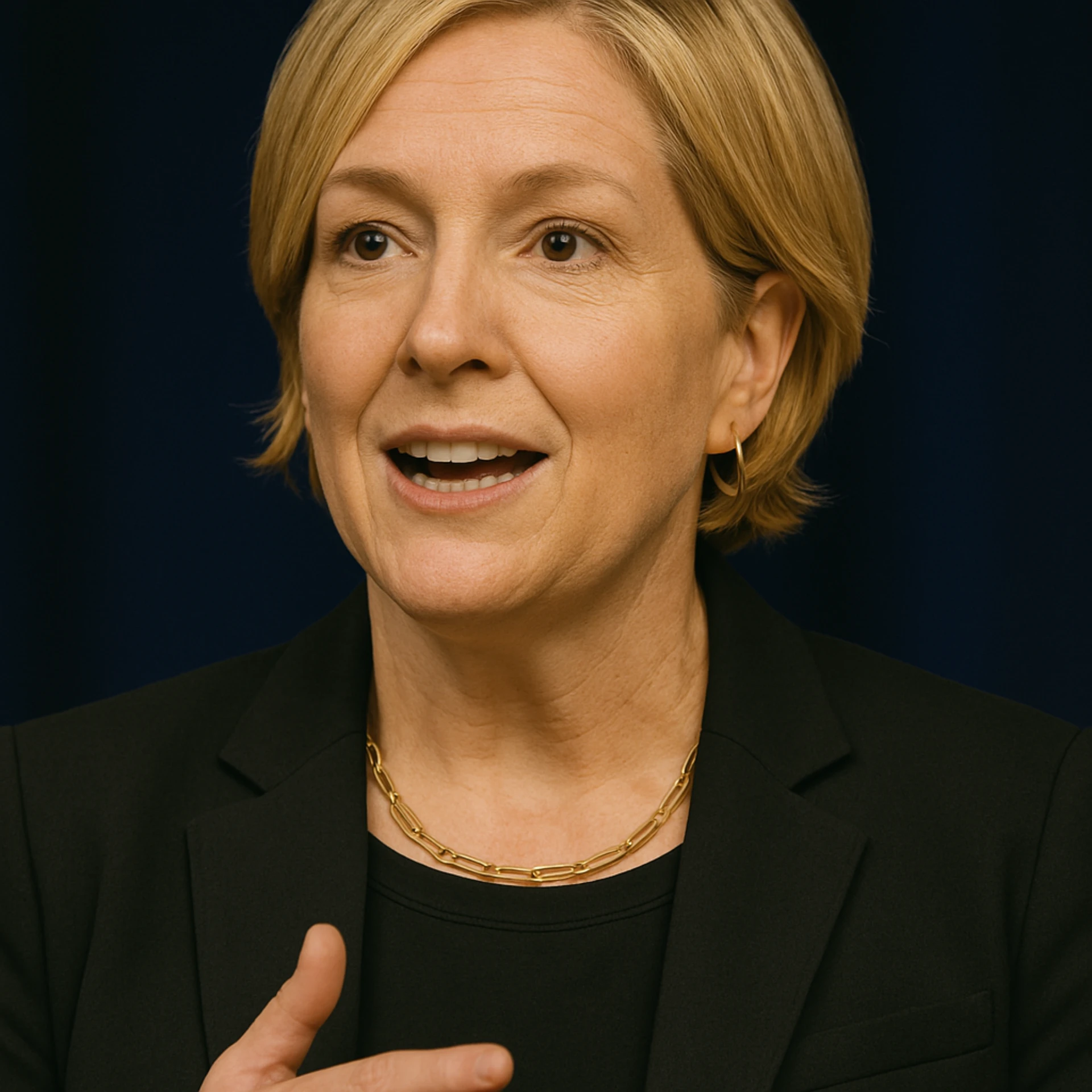While reviewing board-level dynamics across FTSE 100 companies, I’ve noticed a concerning pattern costing organisations millions in missed opportunities and talent drain.
The most successful C-suite executives often surround themselves with voices that mirror their own perspectives. It’s human nature, after all. We seek validation, not challenge. Yet therein lies the paradox of modern leadership.
This unconscious bias towards comfortable consensus is holding organisations back from their next breakthrough. The most innovative solutions often emerge from constructive conflict and diverse thinking patterns—the elements that many leadership teams systematically (unintentionally) filter out.
Consider this: When did your leadership team last face genuine cognitive diversity in decision-making? Not surface-level disagreement, but fundamental differences in problem-solving approaches?
The real challenge isn’t acknowledging this blind spot—it’s having the psychological safety to address it. Creating an environment where divergent thinking isn’t just tolerated but actively sought requires a delicate balance of executive coaching and cultural transformation.
The most forward-thinking organisations are already shifting away from echo chamber leadership. They’re bringing in external catalysts—specialists in cognitive diversity and psychological safety—to reshape their decision-making architecture.
The question isn’t whether your organisation needs this transformation. The question is: how much longer can you afford to wait?
The Cognitive Blind Spot Crippling Modern Leadership – And How to Address It
Imagine this: your most critical strategic decisions are shaped not by data or vision but by an invisible force that 95% of leaders fail to acknowledge: cognitive entrenchment.
As pressures mount, even seasoned executives default to mental shortcuts forged in past successes. The result? Organisations haemorrhage agility, double down on legacy thinking, and mistake familiarity for stability. A recent Cambridge Judge Business School study found that 73% of failed corporate transformations traced their collapse to leaders’ inability to cognitively unlearn before attempting to relearn.
Here’s the uncomfortable truth: expertise becomes a liability when it calcifies into rigidity. The antidote? Building adaptive metacognition is continuously auditing how you think, not just what you think.
This isn’t about mindfulness apps or generic “growth mindset” platitudes. It’s a disciplined rewiring:
1. Decision autopsies: Systematically dissect why choices felt right, not just outcomes.
2. Friction injection: Reassign trusted critics to dismantle echo chambers.
3. Scenario piracy: Steal decision frameworks from entirely unrelated industries.
The leaders thriving in volatility aren’t smarter—they’re architecting environments where their biases are constantly challenged.
Does your leadership infrastructure actively combat cognitive rigidity or subtly enable it? The answer defines the divide between relevance and obsolescence.










